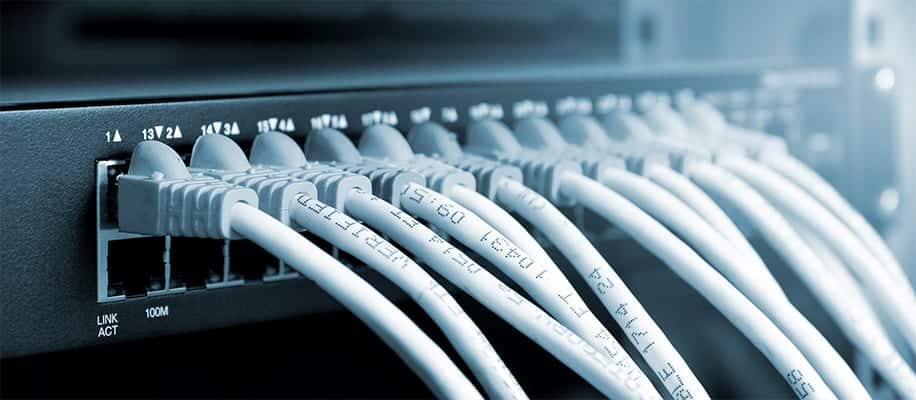The land of freedom seems to be getting less and less free. What is perhaps the “freest” medium in the world is now threatened with further commercialization: in a recent speech, the chairman of the Federal Communications Commission (FCC) declared war on net neutrality. It remains to be seen whether the talks will be about a reduction or even a complete abolition of the neutral Internet.
Who is the real freedom fighter?
With recent political change in the United States comes the usual shift in direction in all political matters. This time it hits the internet too. But Ajit Pai, whose speech caused some hysterical outcry among net neutrality defenders, sees himself as a bringer of freedom, just like his opponents. How can that be? The FCC chairman fights for the freedom of the market, not that of the internet. First of all, without getting too political, there is nothing wrong with that. However, restricting Internet freedoms for the purpose of commercialization would lead to an imbalance in which a few, large companies would exercise power over an originally free medium and thus possibly even suppress growth potential.
Net neutrality simply describes the absolute equality of all data streams. No matter where the data comes from, no matter where it goes. Sender, recipient, type of generation, data content – none of this matters, how quickly data is transmitted or who has access to it and in what form. If this is the case, net neutrality prevails.
In Germany, there is less to worry about net neutrality or the absence of it. A possible "two-class" system does not threaten Internet users, above all because a law was implemented in April 2017 that is intended to ensure EU guidelines for compliance with net neutrality.
Maintaining neutrality for good reason
From now on, anyone who disregards the requirements for net neutrality can expect high penalties of up to half a million euros. But why is data equality so important? Without a doubt, we can all agree on how influential the internet is. A lack of net neutrality means more control – control of the internet providers. In the complete absence of net neutrality, the network operators would have an enormous gatekeeper position, which, while boosting the market significantly, also entails a number of problems. A regulated, controlled Internet is at best only a shadow of itself. What in theory sounds like a highly morally charged discussion of principles is already rudimentary in everyday life. Where? With your mobile phone tariff. Some providers, such as Telekom, do not see the amount of data used in their own services as counting towards the monthly data volume quite so narrowly. To be more precise: Data streams originating from your own services are free of charge in contrast to the rest - tough market economy or unfair competitive advantage?
Since both lines of argument make sense in the theoretical approach, one should take a look at the practice and, above all, at the scope of the consequences. We believe the potential of the internet as a freely accessible, unrestricted medium far outweighs the market growth gained through net neutrality restrictions.








